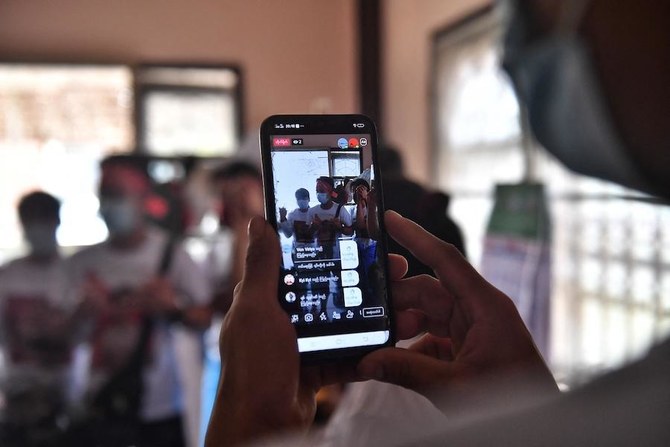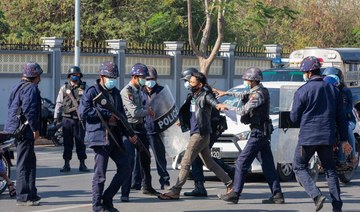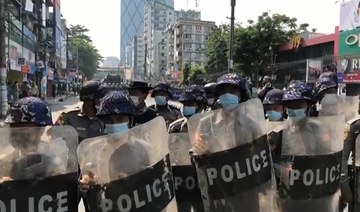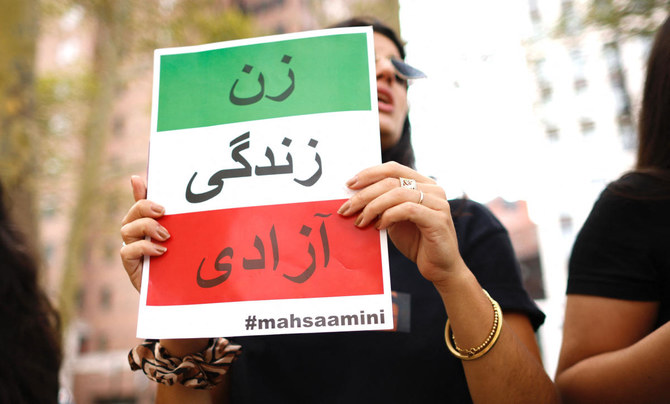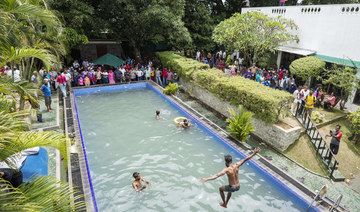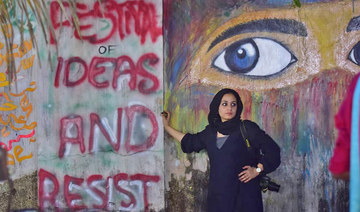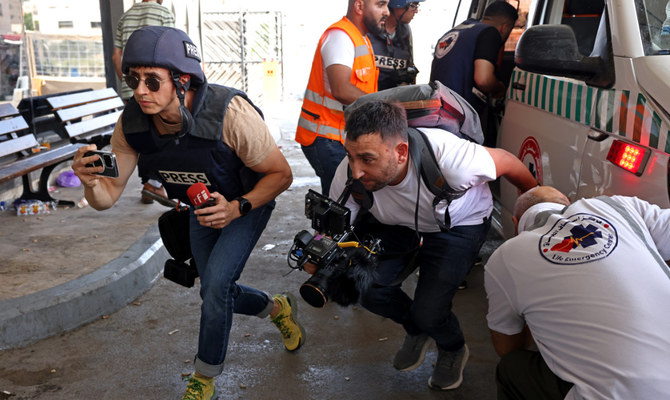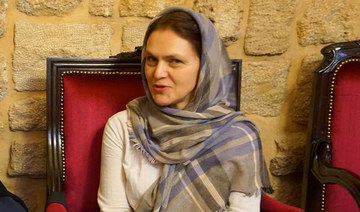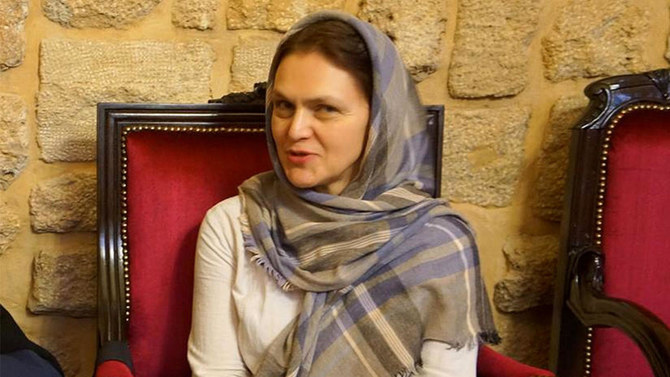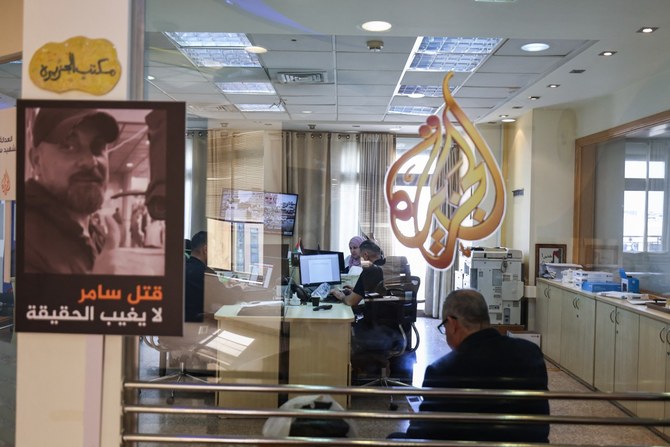HONG KONG: Myanmar’s web-savvy protest movement has overcome social media blocks and even a nationwide Internet blackout to transmit real-time information out of the country, as the new military regime struggles to tamp down opposition to last week’s coup.
After spending most of the last 60 years under the yoke of army rule, Myanmar is no stranger to bold public condemnations of its armed forces — many of which were suppressed with lethal violence.
But unlike earlier years, when generals used onerous censorship laws and travel bans to keep crackdowns hidden from the outside world, thousands of people around the country have been wielding their phones to document defiance in real time.
“Actually, I’m not interested in politics at all,” said Aung, who has spent the last few days uploading footage from protests in his hometown.
“But what the military did is so disgusting.”
Aung, who asked for his real name to be withheld, said he cried while watching the television broadcast last week that confirmed the putsch after the dawn raids that saw Aung San Suu Kyi and other civilian leaders taken into custody.
Since Monday, he has marched around the streets of his town with his old high school teacher — pushed along in the procession in her wheelchair — demanding the military respect the results of recent elections that Suu Kyi’s party won in a landslide.
“They arrested our leaders, our representatives,” the 20-year-old told AFP. “We feel like our dreams have disappeared.”
State TV channels now under military control have gone to great lengths to ignore the chorus of outrage erupting around the country, broadcasting karaoke reels and traditional dance routines even as police respond to rallies with tear gas and rubber bullets.
But on Facebook and other platforms, private media outlets and ordinary citizens are running live videos that document huge crowds thronging the streets, along with tense confrontations between demonstrators and officers.
The blanket footage of Myanmar’s burgeoning anti-coup movement is a stark contrast to the last uprising against military rule in 2007, when Buddhist monks led a protest against fuel price hikes that morphed into demands for democratic rule.
Some foreign media outlets were able to pipe out images of the bloody crackdown that followed, but the full extent of the carnage only became clear to the outside world after undercover Myanmar journalists smuggled handheld video cameras over the border into Thailand.
Myanmar’s decade-long experiment with civilian rule also democratized the flow of information in the country, with the entrance of foreign telecoms making SIM cards affordable for the entire population and the end of draconian censorship rules.
The new military regime attempted to turn the tide last week as a civil disobedience campaign gained momentum, first by demanding mobile operators block Facebook and other social media platforms, and then ordering a blanket Internet shutdown over the weekend.
But even as most local web traffic ground to a standstill, protesters still managed to livestream snowballing demonstrations across the city using foreign SIM cards with data roaming services.
“They called and asked me what’s going on — what’s the situation, has there been any more international pressure?” said Natty Tangmeesang.
The Thai public relations professional and former Yangon resident returned home to Bangkok last year during the Covid pandemic but managed to make contact with her friends back in Myanmar during the blackout.
Internet services had largely returned by Sunday afternoon, hours before the shutdown was supposed to end, by which time hundreds of thousands of people were on the streets all over the country.
Yangon-based activist Ingyin, who uses one name to protect her identity, said the attempt by the junta to cut her country off from the world might have backfired.
“People felt that when they couldn’t talk about what happened online, they had to go out on the street,”



